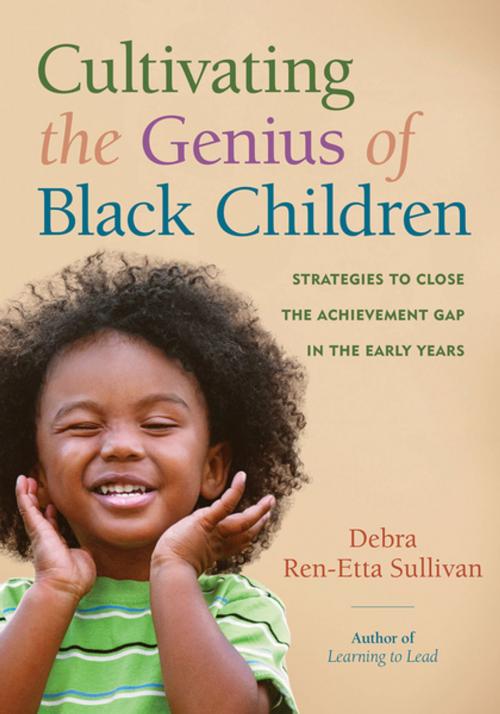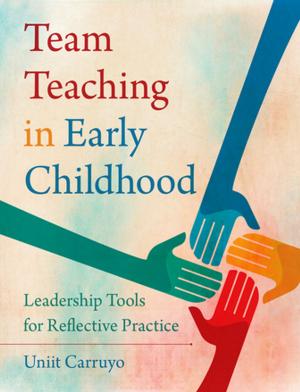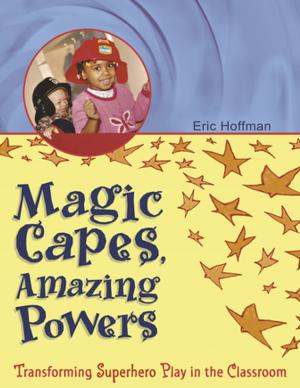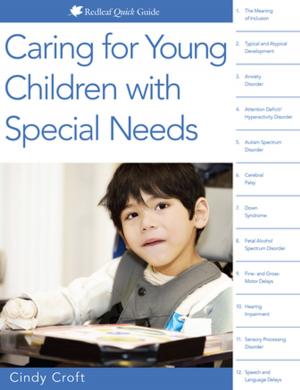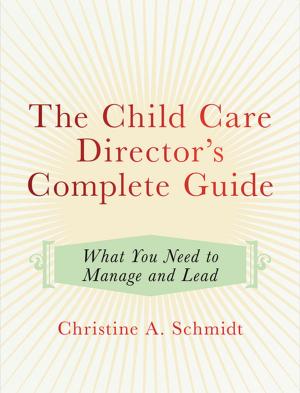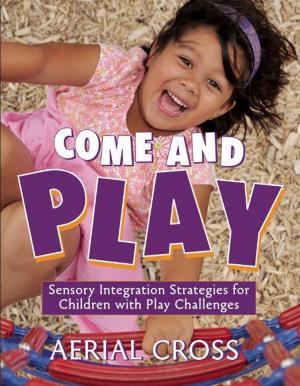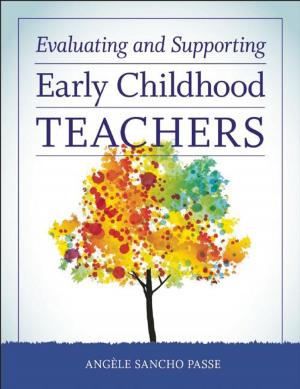Cultivating the Genius of Black Children
Strategies to Close the Achievement Gap in the Early Years
Nonfiction, Reference & Language, Education & Teaching, Educational Theory, Multicultural Education, Preschool & Kindergarten, Teaching, Teaching Methods| Author: | Debra Ren-Etta Sullivan | ISBN: | 9781605544069 |
| Publisher: | Redleaf Press | Publication: | February 10, 2016 |
| Imprint: | Redleaf Press | Language: | English |
| Author: | Debra Ren-Etta Sullivan |
| ISBN: | 9781605544069 |
| Publisher: | Redleaf Press |
| Publication: | February 10, 2016 |
| Imprint: | Redleaf Press |
| Language: | English |
There has been much attention given to the achievement gap between white and minority students, especially African American children. Through research and years of experience, the author breaks down the cultural influences on children's learning styles and provides a practical approach to helping black children thrive in the classroom.
For black children, which Sullivan defines as those of African descent, there is a disconnect between learning preferences and learning environments that must be bridged before the achievement gap can be closed. This hands-on resource is filled with effective strategies and best practices to help early childhood educators expand their "toolbox" for supporting children.
Increasing cultural intelligence will allow us to work across the many differences in our classrooms. As our schools become more diverse, cultural competency will be an increasingly important skill for teacher's efficacy and children's success. By cultivating the individual genius of each child and meeting children where they are today, we can invigorate the education system and provide children high-quality early education experiences.
Debra Ren-Etta Sullivan, EdD, is the cofounder and president of Praxis Institute for Early Childhood Education. She has more than twenty-five years of experience in higher education as a teacher, researcher, and administrator.
There has been much attention given to the achievement gap between white and minority students, especially African American children. Through research and years of experience, the author breaks down the cultural influences on children's learning styles and provides a practical approach to helping black children thrive in the classroom.
For black children, which Sullivan defines as those of African descent, there is a disconnect between learning preferences and learning environments that must be bridged before the achievement gap can be closed. This hands-on resource is filled with effective strategies and best practices to help early childhood educators expand their "toolbox" for supporting children.
Increasing cultural intelligence will allow us to work across the many differences in our classrooms. As our schools become more diverse, cultural competency will be an increasingly important skill for teacher's efficacy and children's success. By cultivating the individual genius of each child and meeting children where they are today, we can invigorate the education system and provide children high-quality early education experiences.
Debra Ren-Etta Sullivan, EdD, is the cofounder and president of Praxis Institute for Early Childhood Education. She has more than twenty-five years of experience in higher education as a teacher, researcher, and administrator.
